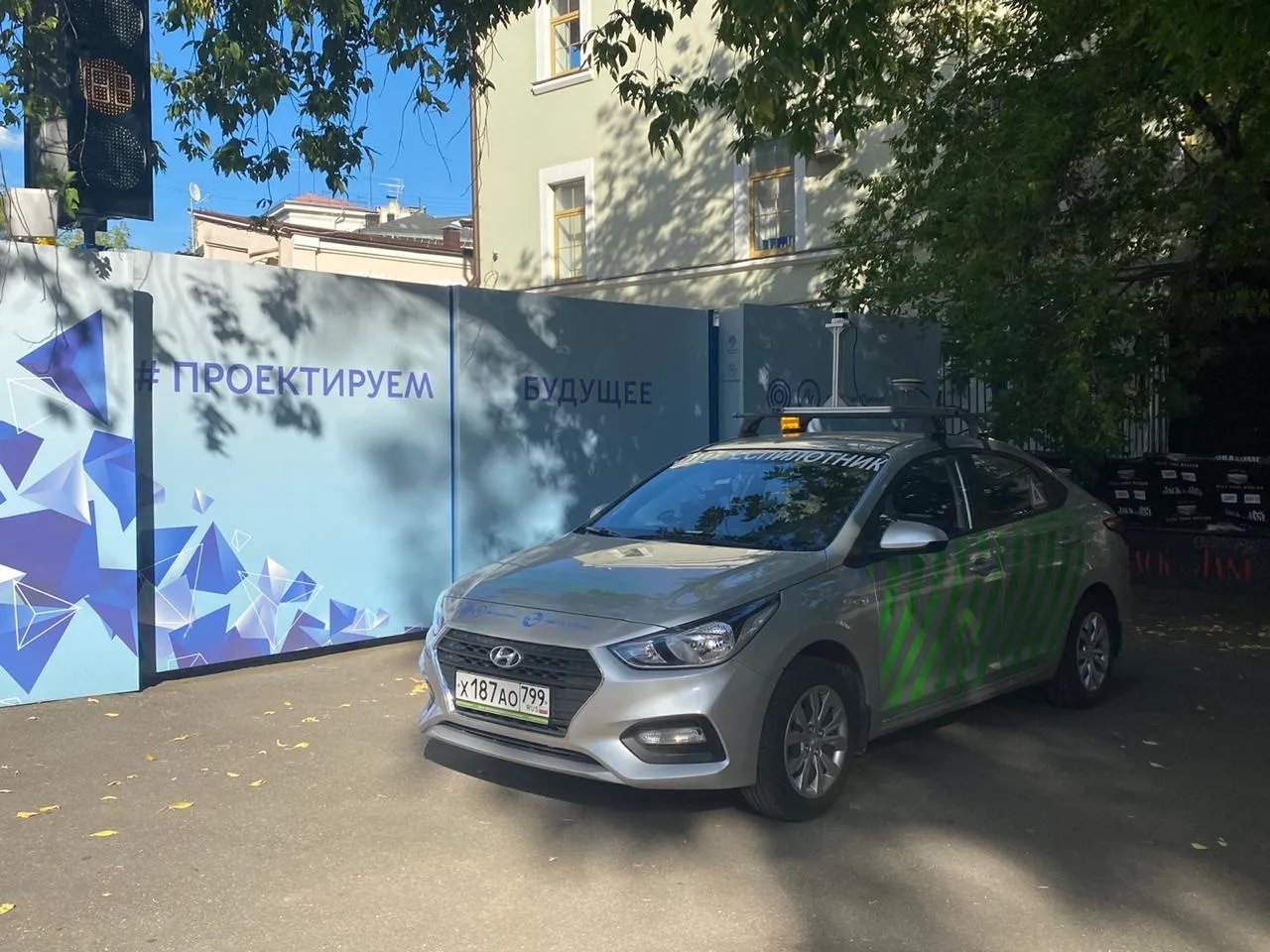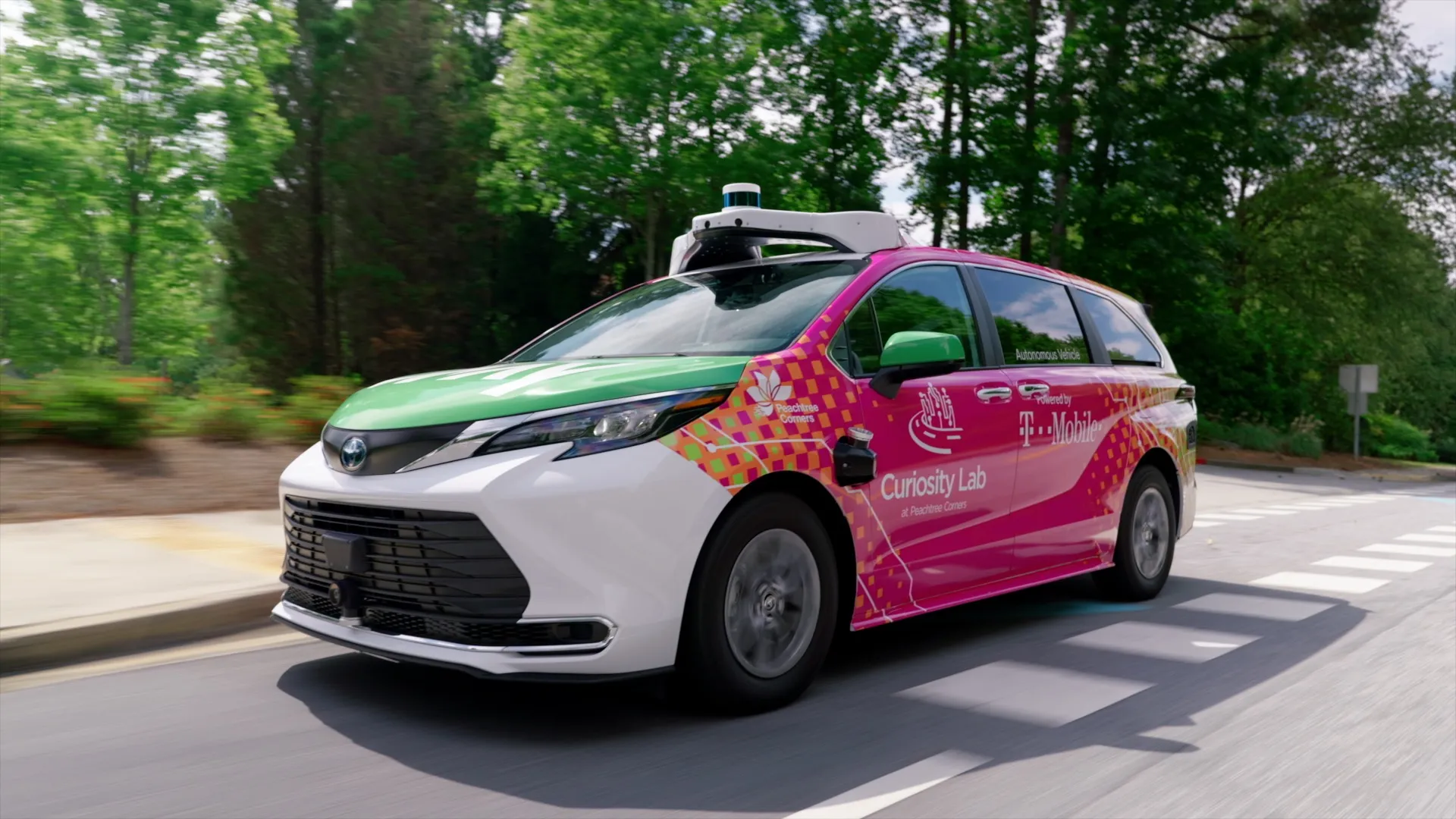
It used to be that drivers parking where they shouldn't only needed to dodge a human attendant coming to issue them a ticket.
That became more difficult with enforcement cameras - fixed and mobile - but now there's a new development: you might get a fine in future because an autonomous vehicle (AV) clocked your misdemeanour.
Moscow says it is the first city in the world to start handing out parking violations using a driverless car.
The brainchild of the MosTransProekt Research Institute, the AV follows a route inside the Garden Ring - the circular ring road around central Moscow.
"The vehicle is equipped with a high precision electronic map - so-called 'digital twin' of the road," explains institute director Alexander Polyakov.
"The map contains information about road boundaries, turning, speed limits, stops, markings, traffic lights. We are testing an innovative solution in the centre of a metropolis - a merge of new mobility and city control over parking area."
The AV runs on Vehicle to Everything (V2X) technology, communicating with traffic lights and detectors, transmitting and receiving data through LTE communication channels.
In addition to the institute, the project has been developed by Department of Transport and Road Infrastructure Development of Moscow, Fau Rosdornii, and Moscow Automobile and Road Construction State Technical University (MADI).










